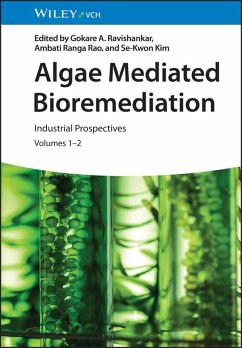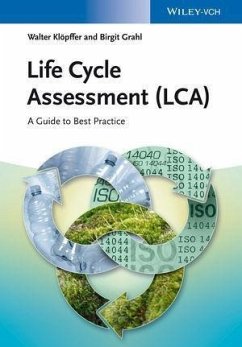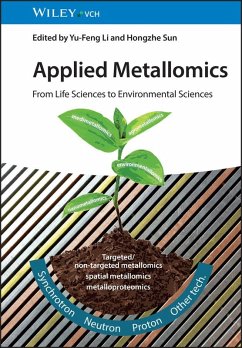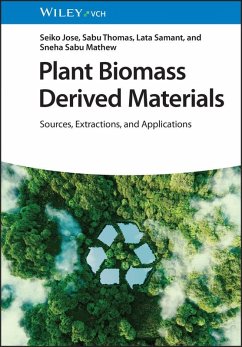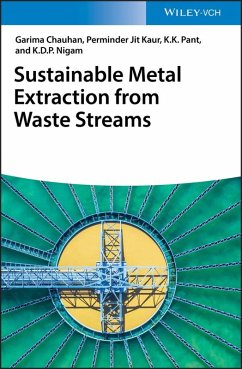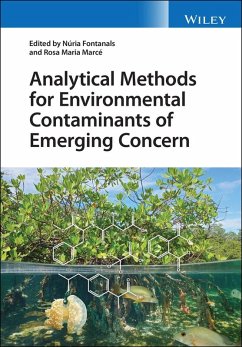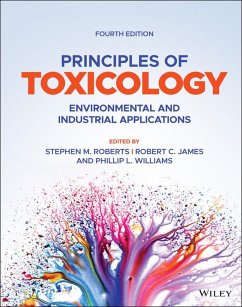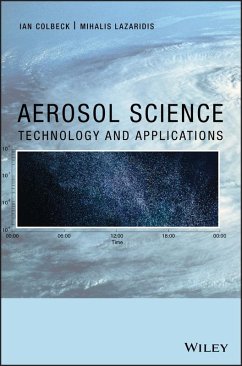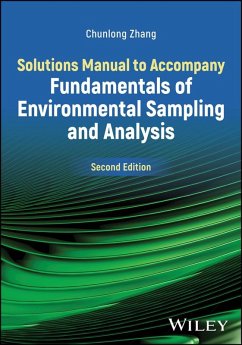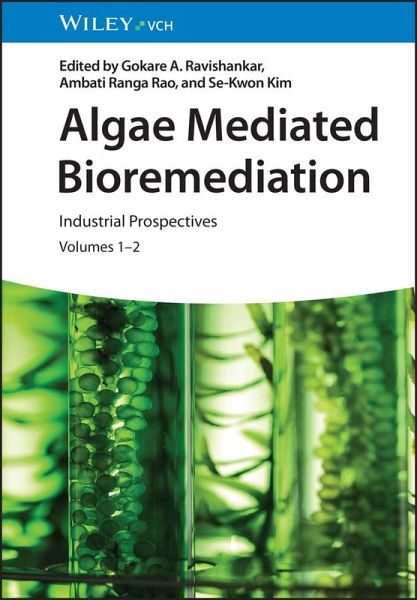
Algae Mediated Bioremediation (eBook, ePUB)
Industrial Prospectives, Volumes 1 - 2
Redaktion: Ravishankar, Gokare A.; Kim, Se-Kwon; Rao, Ambati Ranga
Versandkostenfrei!
Sofort per Download lieferbar
228,99 €
inkl. MwSt.
Weitere Ausgaben:

PAYBACK Punkte
0 °P sammeln!
Algae Mediated BioremediationDevelop new methods for remediating pollution with this cutting-edge guideIn a world where environmental remediation and pollution removal are becoming more critical with every passing day, the search for organic and sustainable solutions has never been more critical. Removing organic pollutants through the use of algae has become an especially promising avenue for bioremediation, with a far lower environmental impact than comparable mechanical, physical, or chemical approaches. The possibility of deriving bioenergy from the resulting biomass makes this approach ev...
Algae Mediated Bioremediation
Develop new methods for remediating pollution with this cutting-edge guide
In a world where environmental remediation and pollution removal are becoming more critical with every passing day, the search for organic and sustainable solutions has never been more critical. Removing organic pollutants through the use of algae has become an especially promising avenue for bioremediation, with a far lower environmental impact than comparable mechanical, physical, or chemical approaches. The possibility of deriving bioenergy from the resulting biomass makes this approach even more potentially critical to a sustainable future.
Algae Mediated Bioremediation offers a cutting-edge overview of these processes and their applications. Its comprehensive approach to the problems of pollution abatement and the value of algae as environmental and biotechnological agents include both practical solutions and key gaps in existing research.
Algae Mediated Bioremediation readers will also find:
Algae Mediated Bioremediation is ideal for biotechnologists, biochemists, natural products chemists, and other researchers working in industry or environmental research.
Develop new methods for remediating pollution with this cutting-edge guide
In a world where environmental remediation and pollution removal are becoming more critical with every passing day, the search for organic and sustainable solutions has never been more critical. Removing organic pollutants through the use of algae has become an especially promising avenue for bioremediation, with a far lower environmental impact than comparable mechanical, physical, or chemical approaches. The possibility of deriving bioenergy from the resulting biomass makes this approach even more potentially critical to a sustainable future.
Algae Mediated Bioremediation offers a cutting-edge overview of these processes and their applications. Its comprehensive approach to the problems of pollution abatement and the value of algae as environmental and biotechnological agents include both practical solutions and key gaps in existing research.
Algae Mediated Bioremediation readers will also find:
- Case studies of successful use drawn from across the globe
- Detailed discussion of remediating aquatic, atmospheric, and terrestrial habitats
- Applications for value-added products incorporating biomass
Algae Mediated Bioremediation is ideal for biotechnologists, biochemists, natural products chemists, and other researchers working in industry or environmental research.
Dieser Download kann aus rechtlichen Gründen nur mit Rechnungsadresse in D ausgeliefert werden.




